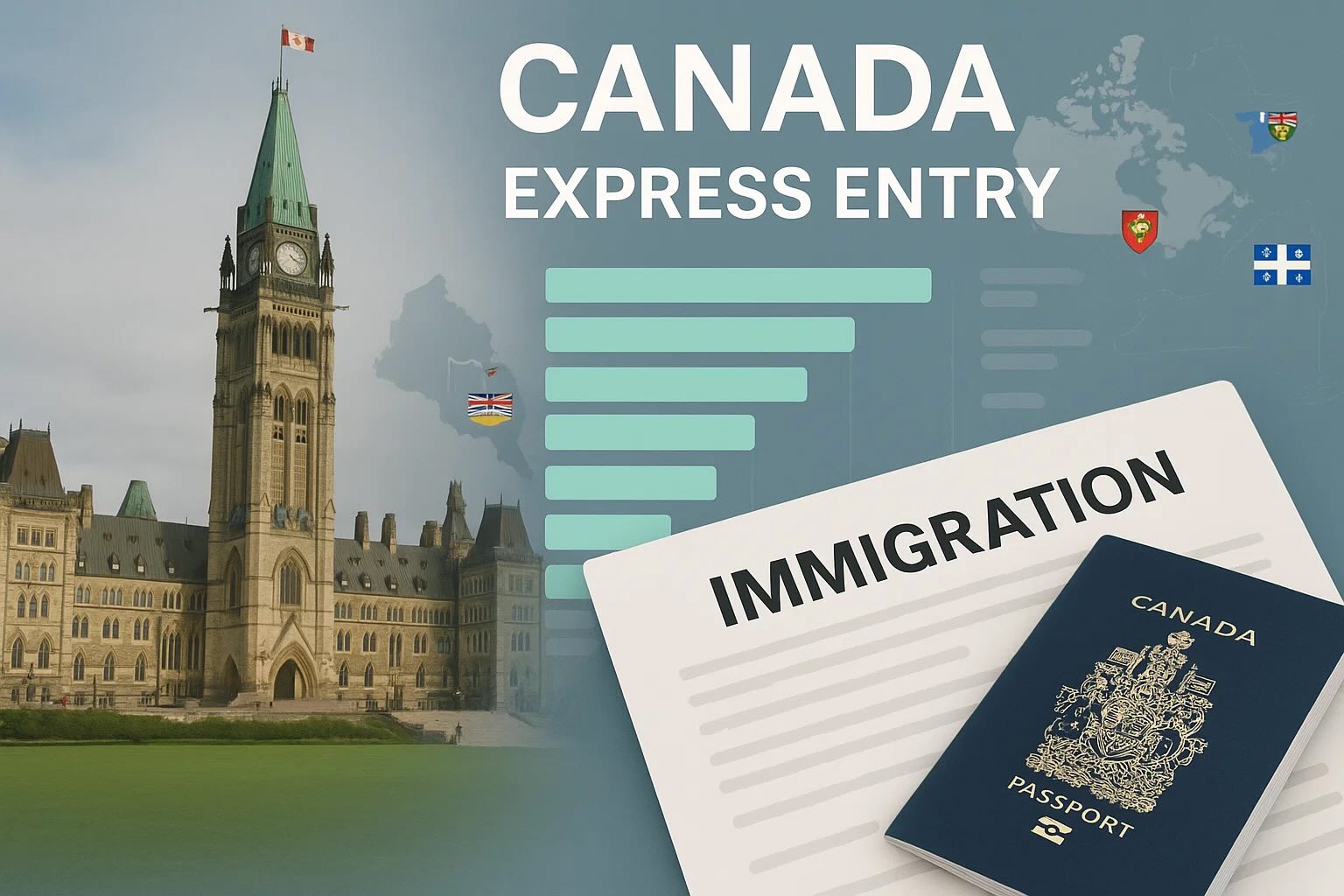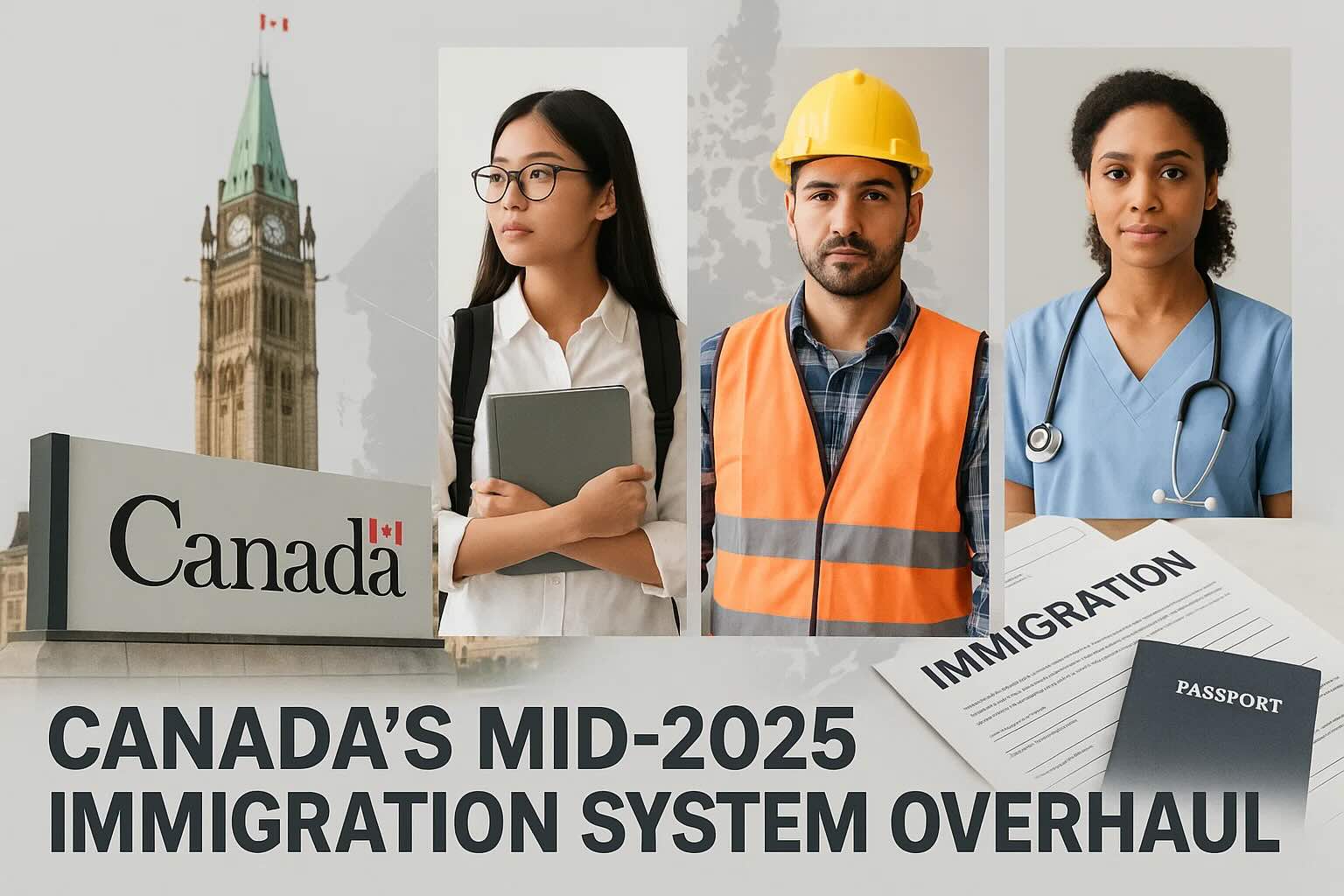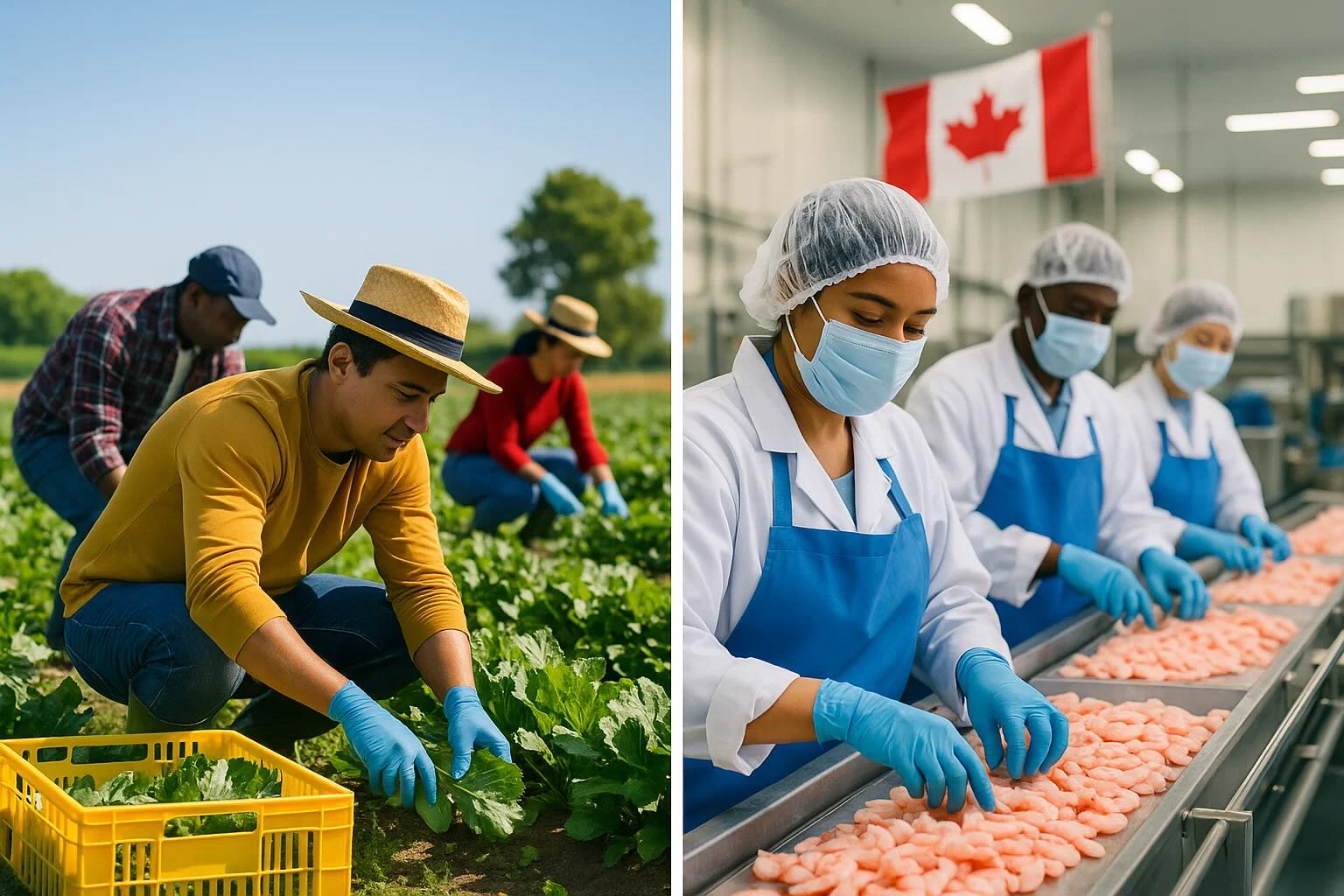The Saskatchewan Immigrant Nominee Program (SINP) recently announced a series of significant policy adjustments aimed at better addressing the province’s labor market needs and economic development goals. The new policy officially took effect on March 27, 2025, and will have far-reaching impacts on foreign nationals who hope to immigrate to Canada through this program.
Resumption of Job Approval Form (JAF) Acceptance and Limits on Overseas Recruitment
The much-watched Job Approval Form (JAF) application process for employers resumed on March 27. Previously, the province had suspended the acceptance of JAFs on February 18, 2025. JAF is a crucial document that Saskatchewan employers must submit to SINP when sponsoring a foreign worker for provincial nomination for permanent residence (PR); once approved, it generates a Job Approval Letter.
Although the acceptance of JAFs has resumed, SINP has made it clear that this year’s focus will be on processing immigration applications from temporary residents already in the province, with these applications expected to account for 75% of the annual nomination quota. Therefore, for applicants outside Canada, SINP will prioritize candidates working in the three key sectors of healthcare, agriculture, and technical trades when issuing job approvals. Overseas recruitment in all other sectors and occupations will only be supported for applicants who already hold a valid Canadian work permit or work authorization and are working within Canada. SINP indicated that it does not expect to suspend JAF acceptance again in 2025.
Closure of Entrepreneur and Farm Owner/Operator Immigration Streams
Under the current reforms, SINP has closed the following three immigration categories:
- Entrepreneur category
- International Graduate Entrepreneur category
- Farm Owner/Operator category
Effective March 27, 2025, these streams will no longer accept new applications. For applicants who submitted an Expression of Interest (EOI) before this date but have not yet received an invitation, their EOIs will be removed from the system and they will not be able to proceed further in the application process. Cases that submitted a formal application before this date will continue to be processed under the old policy standards. SINP stated that there are no plans to reopen these closed streams in the near term.
Annual Nomination Caps Imposed on Specific Industries
To balance development across various industries, SINP has implemented annual nomination caps on the following three sectors:
- Accommodation and food services
- Retail trade
- Truck transportation
According to the new rules, the total number of provincial nominations that can be allocated to these three sectors collectively cannot exceed 25% of SINP’s total nomination quota for the year. This cap will be reviewed and adjusted annually based on the project priorities of each year. SINP has defined the specific occupational scopes for these sectors by integrating both the North American Industry Classification System (NAICS) codes and the National Occupational Classification (NOC) codes.
Even if applications received have reached the 25% cap, SINP will continue to accept JAFs. However, JAFs submitted after the cap is met will only be processed if SINP still requires additional job approvals to meet the overall nomination quota for 2025; otherwise, these later-submitted JAFs will expire at the end of the year, and employers wishing to continue recruiting will need to resubmit in the following year.
Certain Open Work Permit Holders Lose Eligibility
The new policy also restricts the eligibility of some individuals holding open work permits (OWP) from applying for immigration through SINP. According to information on the SINP website, holders of “certain open work permits, such as spousal work permits,” will no longer be eligible to apply. At present, SINP has not provided a detailed list of other OWP types affected by this change. The province’s immigration office stated that this measure is taken due to the “higher risk of exploitation” and “lower retention outcomes” associated with these categories, which contradicts SINP’s goal of attracting new immigrants to make legitimate, stable, and long-term economic contributions.
Raised Eligibility Thresholds for the International Student Category
SINP has also revised the eligibility requirements for the International Student Category. Under the new rules, only students who graduate from a Designated Learning Institution (DLI) in Saskatchewan are eligible to apply, and they must meet the following condition:
- They must have accumulated at least 6 months (a total of 780 hours) of paid work experience with a Saskatchewan employer in a field related to their targeted occupation and field of study. This work experience can be acquired on campus, off campus, through co-op programs, during a school-certified graduate scholarship project, or via a Post-Graduation Work Permit (PGWP).
Furthermore, PGWP holders who graduated from a DLI outside of Saskatchewan will no longer be eligible to apply through the International Student Category. SINP advises these applicants to consider other pathways, such as the Skilled Worker: Employer Job Offer sub-categories or other channels targeting specific talents (for example, in healthcare or agriculture).
Three Types of Employers Lose SINP Recruitment Eligibility
Effective March 27, 2025, the following types of employers will no longer be eligible to recruit overseas skilled workers through SINP:
- Spas
- Salons
- Pet care services (with the exception of veterinary services)
Information Sessions Arranged
To address questions from employers and potential applicants regarding these policy adjustments, SINP has scheduled online information sessions on April 3 and April 9. Interested parties must register with SINP via email and specify which session they wish to attend.
- Sessions for potential applicants
- April 3, 2025, at 3:00 PM (Central Standard Time, CST)
- April 9, 2025, at 10:00 AM (Central Standard Time, CST)
- Registration email: [email protected]
- Sessions for employers
- April 3, 2025, at 10:00 AM (CST)
- April 9, 2025, at 3:00 PM (CST)
- Registration email: [email protected]
This comprehensive reform of the SINP reflects a major strategic shift in Saskatchewan’s approach to attracting and retaining immigrants, placing greater emphasis on meeting the province’s specific labor market needs and prioritizing immigration pathways for temporary residents already in the province.









